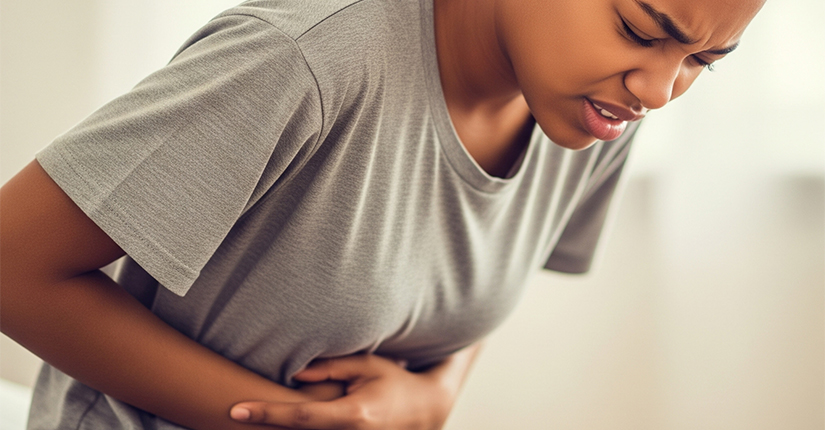The phenomenon of healthy individuals seeking unwarranted health care is well known. There are several reasons for this kind of behavior. There are also downstream negative effects affecting the individuals concerned, coupled with inevitable consequences on overall healthcare services.
Read more ..... It’s difficult to comprehend how a whole community can continue to live in an obviously unsafe and condemned building. But there are several reasons why this is the case though. Think of the levels of poverty and desperation, and the human nature that demands some sort of shelter.
Read more ..... Sometimes covertly referred to as the “C” word cancer can still cause havoc for individuals and families even if they never say the word. Perhaps the most prevalent root causes for cancer fear is knowing a close friend or relative that struggled with and died from the disease.
Read more ..... Involuntary infertility is a very distressing situation. The condition is usually suspected when a couple have tried and failed to conceive for at least one year. It is usually important that both the lady and the man get assessed concurrently. The majority will only be found to have a simple cause for the delay in conception. But others will be diagnosed with complex problems, requiring advanced fertility treatment.
Read more ..... If you ever sat in a Gynecology clinic, you’d be faced with many consults related to menstrual (or periods-related) symptoms. Some women will be bleeding too much, while others will be experiencing terrible cramps and unbearable pain during periods. Managing menstrual pain can be an arduous task, and women will go through countless painkillers, hormone treatments and other home remedies just to cope. Some may need to take time off work, and their overall quality of life gets disrupted every month.
Read more ..... 





